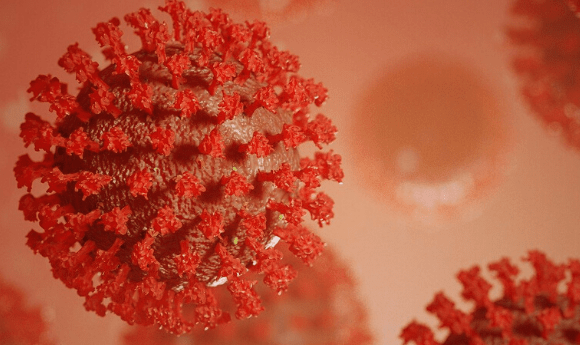Does COVID-19 pose a greater risk to individuals with diabetes?

Research relating to previous coronavirus outbreaks in combination with the available literature on SARS-CoV-2 has been utilized to explain why individuals with diabetes may have an increased risk of developing complications from COVID-19.
A perspective article authored by scientists from the National Institutes of Health (MD, USA) aims to highlight potential factors that may explain why diabetes patients are more likely to develop complications, and have an increased mortality rate, from COVID-19.
If you would like to keep up to date with our content on coronavirus, you can sign up for our site here, where you can subscribe to our newsletters for free!
The article – published ahead of print in the American Journal of Physiology-Endocrinology and Metabolism – utilized data from previous outbreaks of severe acute respiratory syndrome caused by SARS-CoV, and Middle East respiratory syndrome, caused by MERS-CoV, alongside the limited studies relating to the current COVID-19 pandemic.
Individuals with diabetes were also at increased risk from SARS-CoV and MERS-CoV. Hypertension and severe obesity are also risk factors for COVID-19 complications and are found in 68.4% and 15.5% of diabetics, respectively.
The work highlights the increased expression of ACE2 in diabetics as a potential explanation for greater COVID-19 risk. ACE2 is an enzyme found on cell membranes of certain cells in the lungs, kidney, heart and pancreas. ACE2 also functions as a cellular receptor for SARS-CoV and SARS-CoV-2.
Another possible factor is that furin – a cellular protease implicated in viral entry – levels are also found to be elevated in diabetes patients.
 COVID-19 and SARS-CoV-2: new research, vaccine and drug development news
COVID-19 and SARS-CoV-2: new research, vaccine and drug development news
The latest news updates covering coronavirus research, vaccine and drug developments.
Finally, it was noted that individuals with diabetes often experience impairment in adaptive immunity, caused by the delayed response of CD4+ T helper cells and eventual hyper-inflammatory responses. Subpar immune responses directly impact the body’s ability to fight SARS-CoV-2 infection.
The authors drew attention to the fact that high rates of diabetes are found in some ethnic groups such as African Americans, Hispanics, Asians and Native Americans, and that these groups are particularly vulnerable due to disparate access to healthcare.
The importance of remote healthcare solutions was also emphasized, with the authors highlighting the potentially vital role of telehealth and wearable technology solutions in ensuring diabetes patients continue to receive essential care and advice.